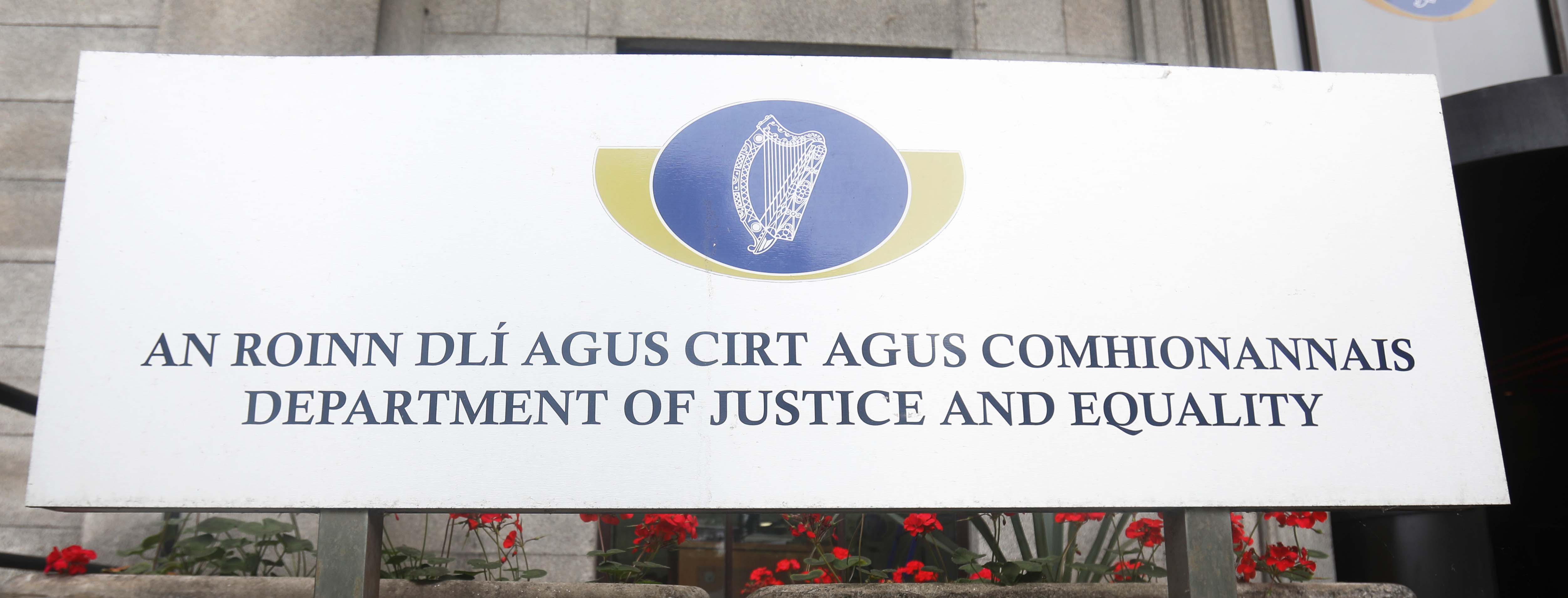
Spent convictions can aid rehabilitation
The Department of Justice has published two research papers on spent convictions, having launched a public consultation on the issue earlier this month.
At the moment, the Criminal Justice (Spent Convictions and Certain Disclosures) Act 2016 provides for certain convictions to become spent once seven years have passed since the date of conviction.
This means individuals do not incur any penalty for failing to disclose such convictions in certain situations, including when they are seeking employment.
The Programme for Government gave a commitment to review the current position to broaden the range of convictions that are considered spent.
Legislative approaches
The papers published today (16 October) are authored by Dr Katharina Swirak and Dr Louise Forde of UCC.
The first summarises the legislative and policy approaches to spent convictions in a number of jurisdictions: New Zealand, Australia, England and Wales, Sweden and the Netherlands.
In New Zealand, the rehabilitation period is seven years, and covers non-custodial sentences only. In Australia it is ten years for an adult and five for a minor, and applies to custodial sentences of less than 30 months.
In England and Wales, the period varies from one to seven years depending on the offence but the legislation is more liberal as it covers custodial sentences of up to four years.
The paper finds differences between common law and civil law jurisdictions such as Sweden and the Netherlands, where an individual’s criminal record is a matter of personal privacy and the default position is that such information is not normally revealed to an employer unless this is legally required for that role.
Academic research
The second paper is a review of academic literature on spent convictions, which looks at research into the impact of spent conviction regimes on reintegration into society, the importance of proportionality in any legislative criteria and differing approaches to the disclosure of criminal records.
It says research repeatedly highlights the desirability of a legal framework which regulates employers’ use of criminal checks and employers’ discretion in this area.
Some researchers have also suggested alternatives that allow for the disclosure of only information relevant to the employment opportunity in question, and systems of review for individuals affected.
Criminological research also suggests that spent convictions regimes may be useful in removing stigma from people with convictions, and may facilitate their reintegration into society. They may have particular significance for those who came into conflict with the law as children, or as young adults, according to some research.
Studies also find that access to job opportunities is a key factor in preventing people with convictions from reoffending.
Submissions to the department’s consultation process can be made by email to spentconvictions@justice.ie up to 12pm on Friday 6 November.